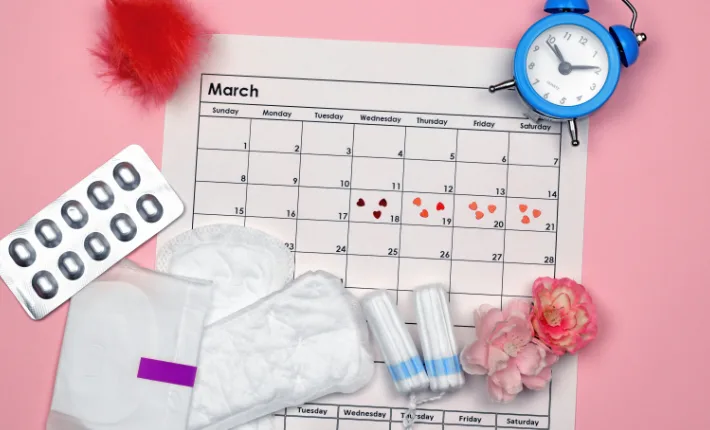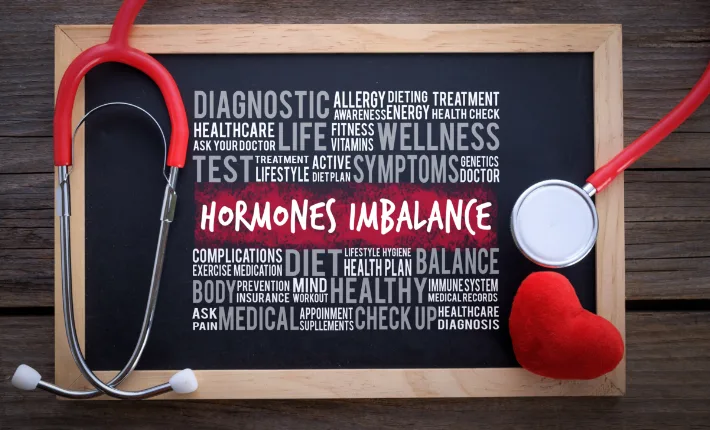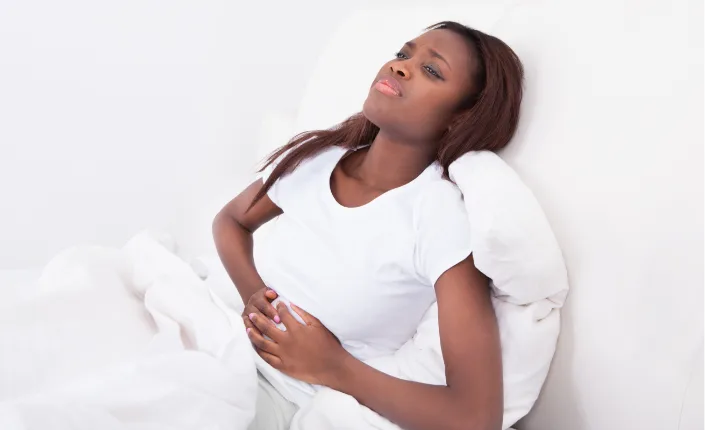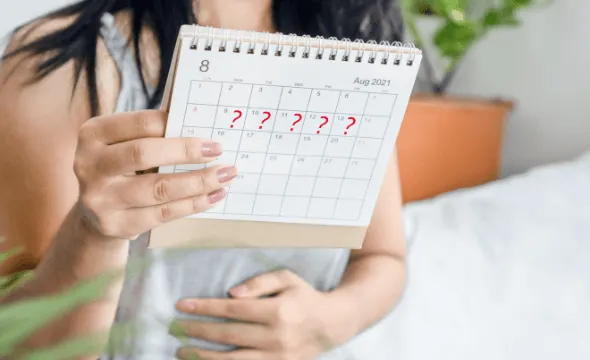Irregular or Abnormal Periods: Top Causes, Remedies, Treatments

Are you experiencing a prolonged or a short gap between your periods? If so, chances are that you are dealing with irregular periods. Generally, the average menstrual cycle of a woman occurs within a span of 28 days and lasts for two to seven days, every month. This monthly cycle brings an equal or a little fluctuated amount of blood flow from month to month. But as every woman's body is different there can be irregular menstrual bleeding accompanied by a shift in the length of the period.
- What Is An Irregular Period?
- What Causes Irregular Periods?
- What Are The Side Effects Of Irregular Periods?
- When To Visit A Doctor?
To understand what causes irregular periods, first, we need to know what is an irregular period. Likewise, spotting the signs of irregular periods and knowing what happens if periods are irregular is quite essential. Thus, to answer all your questions, we've got a complete guide on irregular periods. Let's have a closer look at it.


What Is An Irregular Period?
1. Your period arrives more frequently than 21 days (You experience periods twice a month)
2. There's irregular menstrual bleeding (You shed more or less blood than usual)
3. Your periods arrive later than 35 days (You go months without experiencing periods)


What Causes Irregular Periods?
Other causes of irregular periods include:
1. Excessive exercising
2. Eating disorders
3. Extreme weight gain or weight loss
4. Emotional and mental stress


What Are The Side Effects Of Irregular Periods?
1. Intense Pain Or Cramping
2. Spotting Or Bleeding Between Periods
3. Spotting Or Bleeding After Intercourse
4. Nausea Or Vomiting
5. Headaches
6. Heavy Or Light Bleeding


When To Visit A Doctor?
You must consult with your doctor as soon as you notice a change in your period pattern. This includes the length of your menstrual cycle, the quantity of your menstrual bleeding, and the intensity of your period cramps. In case you missed a period, you can examine the possibility of pregnancy with your doctor's guidance and tests.
At first, this might look alarming but worry not. With the right irregular period treatments, professional guidance, and lifestyle modifications, you can easily regulate your menstrual cycle. Just remember to spot your irregular period symptoms and signs earlier and discuss them with your doctor.
Read more about period symptoms and what causes period pains.
Wondering how to induce period? Discover simple and effective tips to help regulate your cycle.
Wondering why your period stops then starts again next day? Our guide explains common reasons for this cycle pattern and how to manage it.
FAQs
1.What are the causes of irregular periods?
Irregular periods can be caused due to multiple reasons, here are the most common ones:1.Hormonal imbalance
2.Endometriosis
3.Uterine fibroids
4.Birth control pills
5.Pregnancy
6.Polycystic ovary syndrome (PCOS)
2.What are the signs of abnormal periods?
It can be a little tricky to spot abnormal periods. However, here are some clear signs that indicate an abnormality in your periods:1.Heavy menstrual bleeding
2.Spotting between periods
3.Menstrual bleeding that lasts for more than 7 days
4.Bleeding post intercourse
3.Does irregular periods mean infertility?
No, irregular periods doesn’t mean infertility. Women with irregular periods might find it difficult to conceive as predicting their fertile window becomes difficult. However, irregular periods can lead to infertility when there’s irregular or no ovulation at all.Disclaimer
Please note the date of last review or update on all articles. No content on this site, regardless of date, should ever be used as a substitute for direct medical advice, diagnosis or treatment from your doctor or other qualified clinician. Always is committed to ensuring that all of our products meet rigorous safety standards; Always pads prioritize safety, protection and comfort of its consumers.




